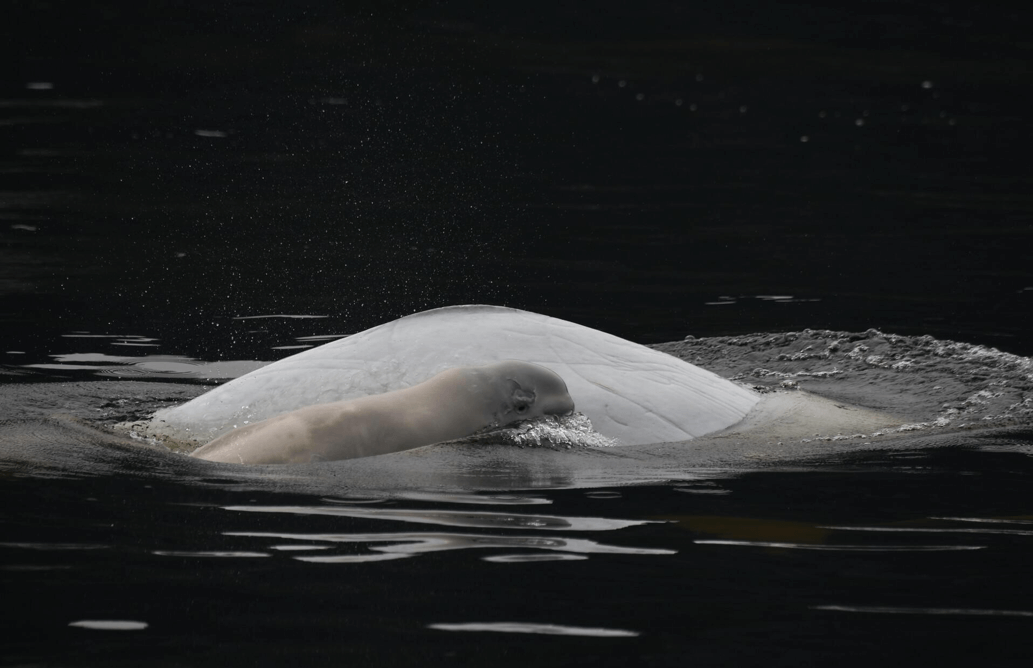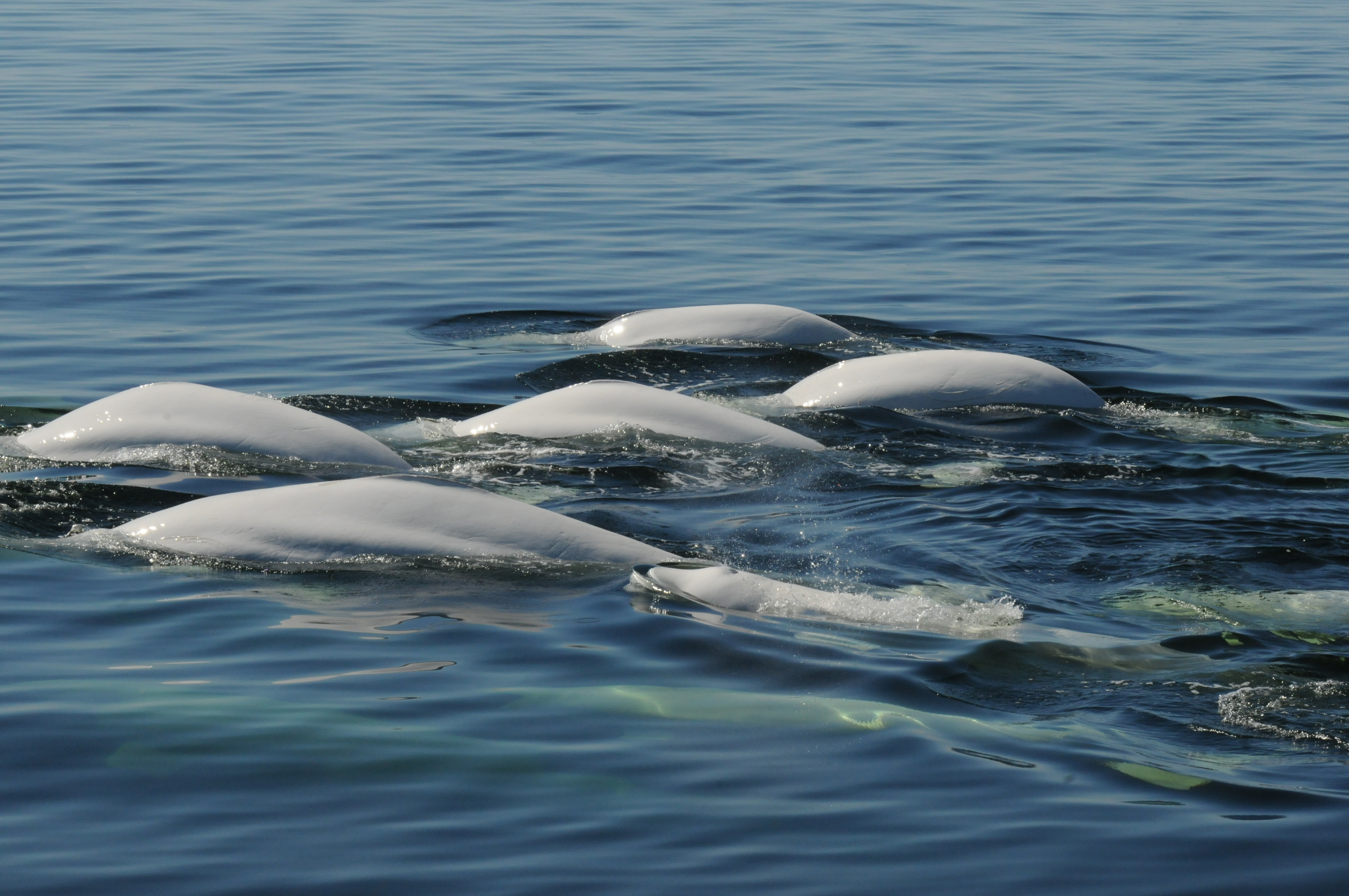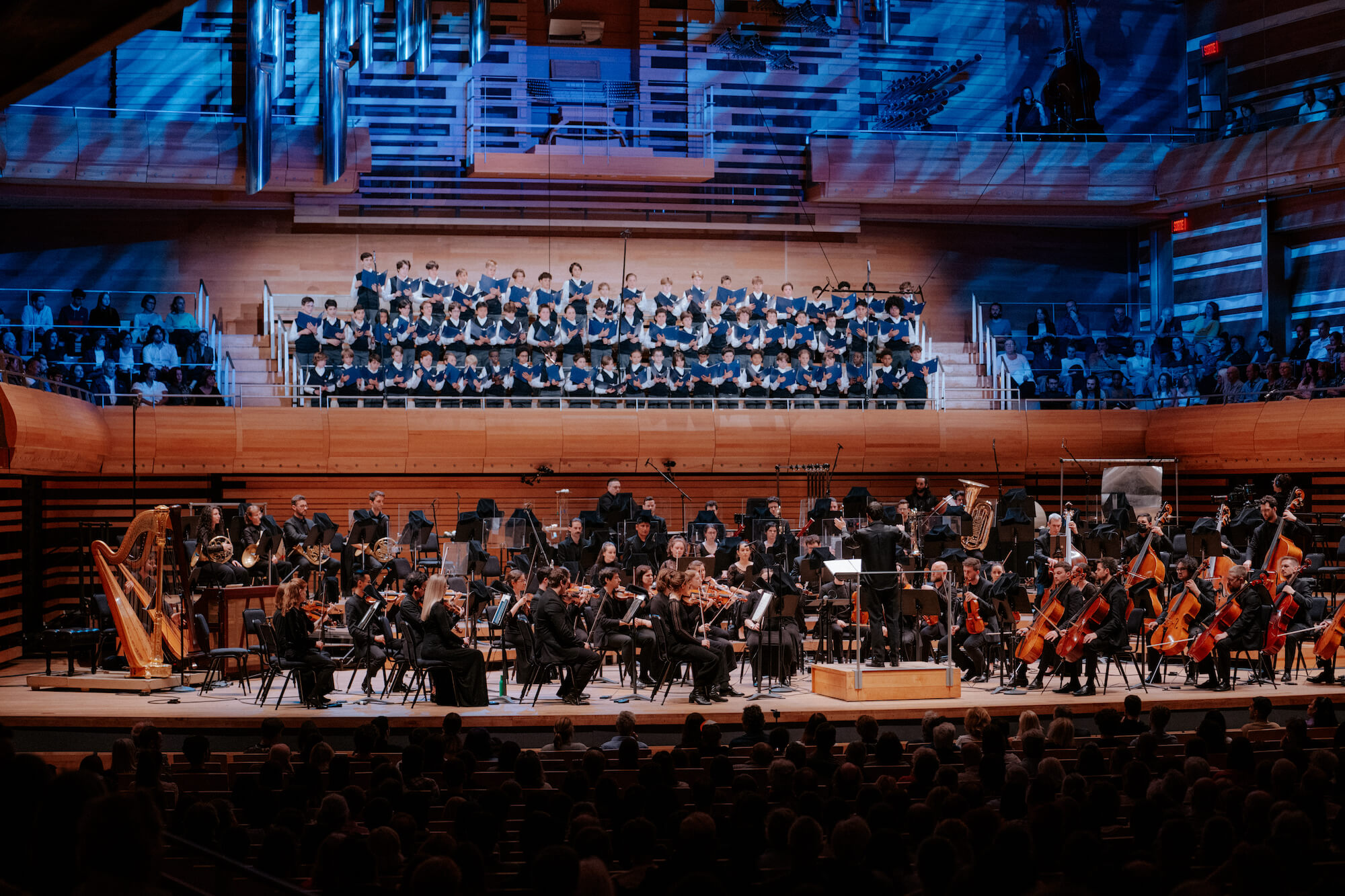Over the next few days, the lobster and snow crab seasons will end in most parts of the Gulf of St. Lawrence, if they haven’t already ended. Measures implemented to prevent right whale incidents have caused logistical issues for many fishermen, as well as for workers at seafood processing plants. Nevertheless, Canada’s Minister of Fisheries and Oceans, Sylvie Lapointe, confirmed at a press briefing that no cases of entangled or dead right whales had been reported. The measures may have helped to make for a less grim year for right whales.
Intensive monitoring effort has confirmed the identification of 111 right whales, which means that there were probably more individuals than this figure. Last summer at this time, 120 individuals had been identified and seven carcasses had been found. To identify individual right whales, researchers compare the patterns of the callosities on their heads.
Once again this year, right whales were mostly seen in the Gulf, rather than in those areas typically identified as their critical habitat such as Roseway Basin and Grand Manan Basin. The critical habitat for a given species is identified after many years of compiling observations. However, this shift of right whales toward the Gulf could be attributable to disturbances to ecosystems brought about by climate change.
Exemplary collaboration
Overall, Transport Canada’s speed restrictions in certain areas of the Gulf have been widely respected. In fact, out of 1629 ship passages, just one fine was issued and 5 incidents are still under review. Fisheries and Oceans Canada reports the removal of about 30 lobster traps in areas closed off due to the presence of right whales. Using the data collected this season, the federal government, with the cooperation of industries, research groups and managers, will be able to take new measures for 2019.
To read the full season coverage: Right Whales: The Situation in 2018.





